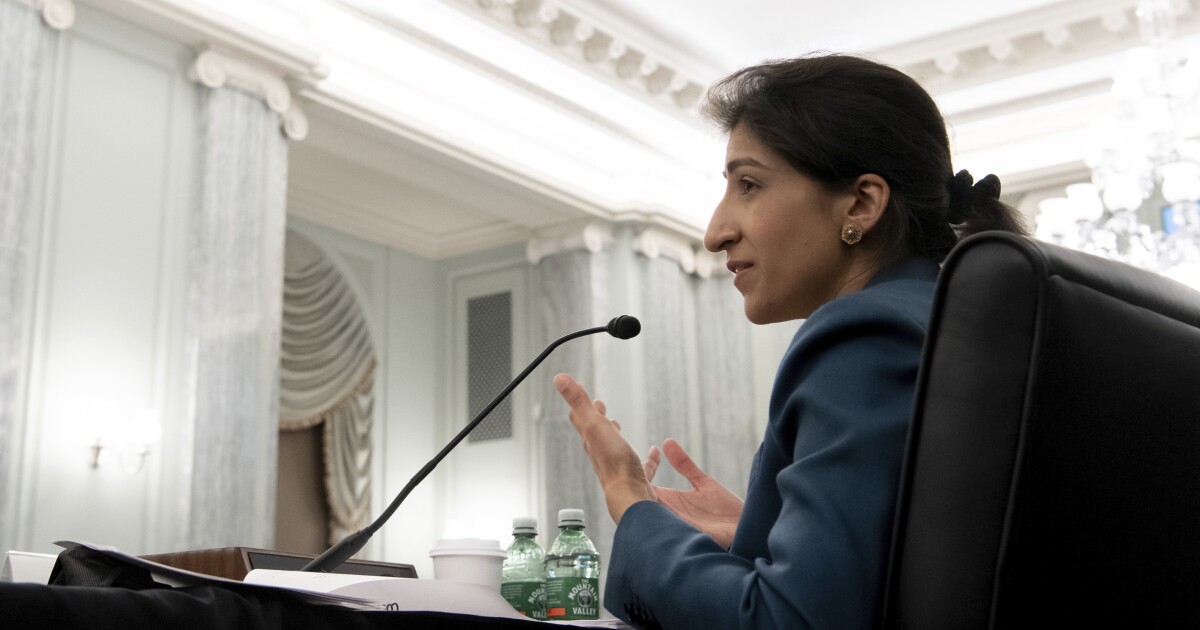

Microsoft and video game maker Activision Blizzard are pushing the Federal Trade Commission to approve their pending $69 billion deal and overcome the regulator’s antitrust concerns.
The FTC is skeptical about the world’s fourth-largest tech company’s effort to acquire Activision. Microsoft wants to buy the maker of the popular game Call of Duty to gain a footprint in mobile gaming. Gaming now surpasses the movie and music industries combined, with smartphones being the most popular place to game and earning $152.50 billion in 2022. Mobile gaming is the largest- and fastest-growing segment of the gaming market.
While Microsoft is in the top three (behind Sony’s PlayStation and Nintendo’s Switch) with its Xbox console, the company is looking to “reach the billions of players where they are and no matter what device they play on” with the largest gaming acquisition to date.
But the FTC moved to thwart the sale because, as stated in their complaint: “With control of Activision’s content, Microsoft would have the ability and increased incentive to withhold or degrade Activision’s content in ways that substantially lessen competition — including competition on product quality, price, and innovation. This loss of competition would likely result in significant harm to consumers in multiple markets at a pivotal time for the industry.”
Microsoft points to the opposite, citing its incentive to keep offering games like Call of Duty to Sony because two-thirds of the game’s players are on PlayStation and Microsoft wouldn’t want to lose the revenue from those players’ in-game purchases. In-app purchases are now often the largest source of revenue for app developers or owners.
Microsoft’s market share would be somewhere between 10% and 15% if the deal closes, but it doesn’t reach the levels traditionally warranting antitrust scrutiny. Also, because Microsoft wouldn’t be purchasing a competitor, but rather integrating the firm into its supply chain, the merger is vertical and not horizontal. While horizontal mergers are regularly scrutinized by the FTC, vertical mergers have been recognized for decades as often economically beneficial to consumers.
More specifically, Microsoft offered to remedy FTC concerns and head off legal challenges by pledging to offer Call of Duty to Sony devices for 10 years, a lifetime in the fast-changing world of gaming. Sony called the offer “inadequate” and continues to lobby regulators around the globe to block the sale.
This FTC action seems to be less about the specific merits of the case and more about a larger reimagining of U.S. antitrust law from FTC Chairwoman Lina Khan.
Khan rose to legal stardom as a Yale Law School student by writing a scathing indictment of Amazon as anti-competitive and arguing for a fundamental rethinking of regulation due to new platform business models in Big Tech. Since being nominated by President Joe Biden, and confirmed by the Senate in 2021, Khan has attempted to institute these changes through rule-making at the agency and bringing unorthodox cases, breaking from the traditional consumer welfare standard.
The Microsoft case involves similar concerns of platform owners having too much power over those using the platform for distribution.
“The timing is interesting,” Ashley Baker of the Committee for Justice, a Washington-based nonprofit group focused on the judiciary, told the Washington Examiner. “If you look at the FTC’s action since Lina Khan took over, there’s lots of changing policy statements and attempts at rule-making, but they haven’t brought any good cases.”
CLICK HERE TO READ MORE FROM THE WASHINGTON EXAMINER
In November, the FTC issued the agency’s new interpretation of its regulatory authority. It didn’t lay out the specifics for what the new criteria of the agency’s congressional statute of opposing “unfair methods of competition” are, but it leaned toward being expansive in its approach. This case could be an attempt to fill in the details of that policy.
The question now goes to the FTC’s in-house administrative court and is set to be tried there on Aug. 2, 2023. A decision from that court is expected in fall 2023 and can eventually be appealed in a U.S. circuit court. The entire process could take up to three years to complete.
Competition regulators in the United Kingdom and the European Union are also scrutinizing the deal.







